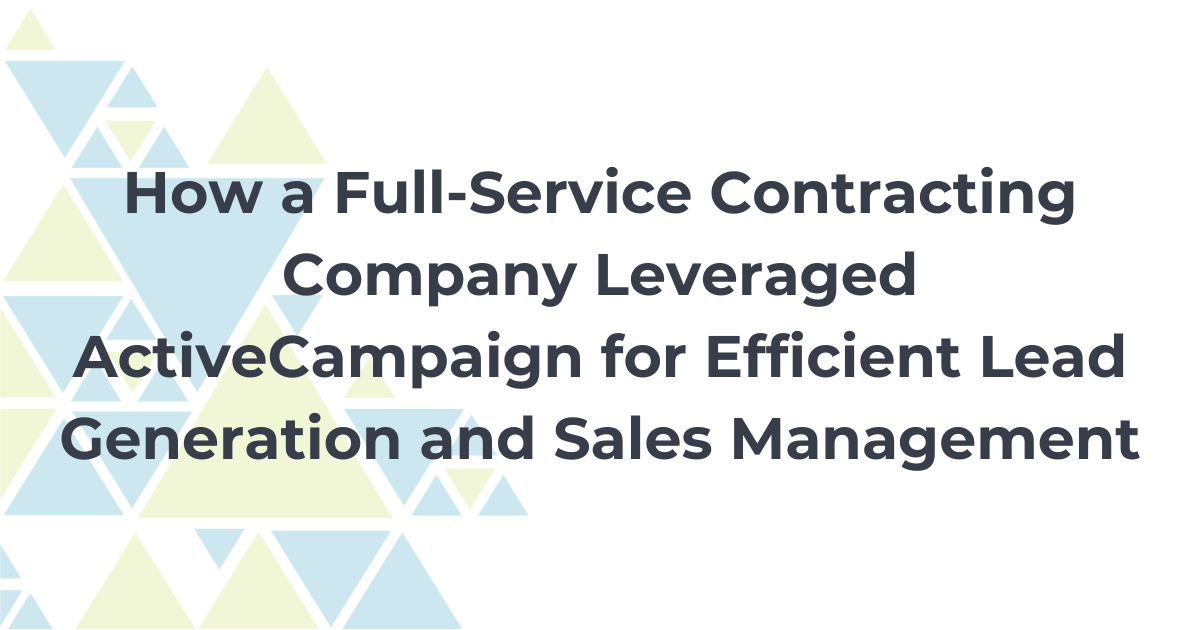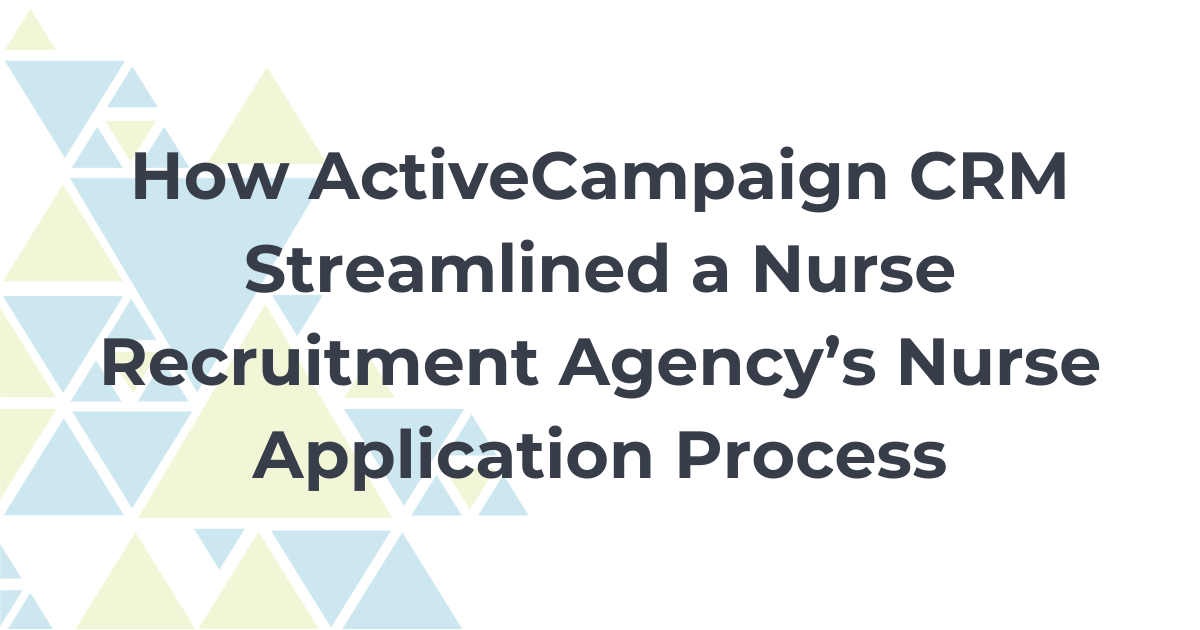What is CRM’s real impact on sales management? This article examines how CRM systems fortify the sales process, from lead capture to deal closure. Learn why integrating CRM into your sales management is more than a technological upgrade—it’s a strategic advantage that can elevate your business growth.
Key Takeaways
- CRM systems are essential for lead management and nurturing, streamlining sales operations with features such as workflow automation, and enhancing sales team performance by offering data-driven insights to inform strategy and personalization.
- CRM data is key in developing effective sales strategies and offering predictive analytics for better decision-making and customer service. CRM platforms should be customizable to meet specific business needs and effectively manage customer relationships for growth.
- Integrating CRM with marketing and project management tools is crucial for synchronized business operations. The choice between cloud-based and mobile CRM solutions depends on business needs, and both offer unique benefits such as accessibility and flexibility.
The Synergy of CRM and Sales Management
When you think of CRM, think of it as the backbone of sales management—a system that helps manage customer data and empowers sales teams to excel. Integrating CRM tools into your sales strategy means you’re equipping your sales force with the essential gears to navigate through the entire sales cycle efficiently. From the first handshake (or email) to the final signature on a deal, CRM systems streamline the business processes that lead to growth.
CRM and sales management are like two peas in a pod; they work in unison to capture the nuances of customer interactions and mold them into strong customer relationships. A robust CRM system, such as ActiveCampaign CRM, isn’t just a simple tool; it’s a complete system designed to optimize and streamline the sales process from start to finish. With the digitalization of business functions and a customer-centric marketplace, the demand for versatile CRM tools has skyrocketed.
The Role of CRM in Lead Capture and Nurturing
Lead management is an intricate dance that all businesses, regardless of size, must master. CRM systems are the maestros orchestrating this dance. This health services company saved 100K annually with a streamlined system approach. Their CRM tools enable them to filter through the noise and focus on leads with true potential, ensuring their sales team members invest their energy wisely.
Moreover, CRM systems’ contact management capabilities, likened to an always-up-to-date digital Rolodex in ActiveCampaign CRM, ensure that no potential customer is forgotten. This meticulous organization of lead management is essential for nurturing customer relationships, preventing leads from slipping through the cracks, and ultimately driving sales through effective customer relationship management.
Streamlining Sales Operations with CRM Software
CRM software is the silent hero in the sales department. It’s there, ensuring that every task, from the mundane to the complex, is handled precisely and efficiently. Workflow automation is a standout feature, capable of executing actions like following up after an online form submission without human intervention. Imagine the time saved when sales reps can focus on what they do best—selling—rather than getting bogged down by repetitive tasks.
Some CRM tools that can enhance the entire sales cycle include:
- ActiveCampaign CRM, which helps businesses expertly manage core tasks such as information gathering and follow-up communications
- HubSpot, which offers native integrations with other tools and platforms
- Salesforce, which is a powerhouse CRM tool
These tools can greatly improve your entire sales process and help you manage customer relationships more effectively.
Enhancing Sales Team Performance with CRM Systems
A sales team armed with a sales CRM is a force to be reckoned with. These systems deliver data-driven insights, enabling sales managers to:
- Make informed decisions that bolster customer relationships
- Drive sales effectiveness
- Determine lead attrition rates, allowing for tailored communication strategies that boost conversion rates
The beauty of CRM systems lies in their ability to track individual metrics, providing a comprehensive framework for customer service management. With these tools, sales reps can create personalized experiences by recalling past interactions, which ActiveCampaign CRM does exceptionally well. And let’s not forget the mobile CRM solutions that keep the sales force agile, with instant access to up-to-date customer information, even when on the move.
Crafting a Winning Sales Strategy with CRM Data
The treasure trove of sales data housed within a CRM is invaluable for crafting a winning strategy. By identifying bottlenecks in the sales process, sales teams can pinpoint issues hindering their efforts and implement targeted solutions to resolve them, increasing both sales opportunities and customer satisfaction.
CRM data is a compass guiding sales teams through the complexities of modern sales landscapes. It provides a clear picture of the customer lifecycle, ensuring every touchpoint is an opportunity to enhance the customer journey and bolster sales revenue.
Analyzing Sales Data for Better Decision Making
Data analysis within CRM systems offers a window into customer behaviors and interactions, empowering sales managers to tailor sales strategies that resonate with their target audience. This deep dive into CRM data reveals not just the surface-level metrics but also the underlying reasons for lead attrition, allowing businesses to hone their strategies for customer retention.
The insights gleaned from CRM data analysis are pivotal in optimizing the sales process. Recognizing the most effective lead sources directs resources to the most fruitful channels, enhancing the efficiency of marketing efforts. Furthermore, with features like predictive analytics, CRM systems like ActiveCampaign forecast customer behaviors, enabling proactive adjustments to marketing strategies.
Predicting Customer Needs with CRM Insights
The predictive power of CRM includes:
- Advanced data analytics and pattern recognition
- Foreseeing and preparing for upcoming sales opportunities
- Personalized marketing campaigns powered by CRM insights
- Tailored communications that lead to higher conversion rates
By harnessing detailed customer information, CRM systems allow marketers to:
- Craft personalized email campaigns that resonate with individual preferences and previous interactions
- Increase the customer experience
- Nurture customer relationships
This level of customization is essential for effective marketing.
The Anatomy of an Effective CRM Platform
An effective CRM platform is like a Swiss Army knife for businesses—it equips them with the tools necessary to manage customer relationships and streamline various operations. With robust integration capabilities, CRM software reduces the need to juggle multiple applications, creating a more streamlined and efficient workflow.
Customization is key in CRM platforms, allowing businesses to:
- Add and modify features to meet their unique needs
- Create specific fields to capture relevant customer information
- Generate custom reports to gain valuable insights into customer behavior and preferences
- Enhance marketing strategies by targeting profitable customer segments
These customization options are essential for businesses to effectively manage their customer relationships and drive growth.
Contact Management: The Heart of CRM
The heart of any CRM system lies in its contact management feature. It’s the central repository where all customer information, from demographics to purchase history, is stored, laying the groundwork for strong customer relationships. This centralized database is not just a tool for storing information; it’s a means to tailor interactions and create personalized customer experiences.
Contact management goes beyond mere data storage—it’s about enhancing internal record-keeping, facilitating seamless sharing of insights across departments, and delivering personalized customer service. With automation technologies, CRM systems can streamline data capture processes, ensuring accuracy and minimizing manual entry errors.
Pipeline Management: Visualizing Sales Progress
CRM pipeline management tools allow users to visualize the full customer journey from initial lead generation to customer retention. These tools offer a bird’s eye view of the sales cycle, aiding in forecasting and optimizing sales activities. A clear overview of the customer’s journey helps identify areas that need attention, ensuring every stage in the pipeline is maximized for potential sales opportunities.
Another benefit of pipeline management in CRM systems is the alignment of sales and marketing efforts. These systems enhance team coordination by providing shared data access, paving the way for improved lead conversion and customer satisfaction.
Automation Features: Reducing Administrative Load
CRM automation is a significant time saver, handling repetitive tasks and orchestrating workflows across the sales pipeline. This automation allows sales teams to concentrate on more strategic tasks, increasing productivity and reporting efficiency. Some benefits of CRM automation include:
- Saving time by automating repetitive tasks
- Orchestrating workflows across the sales pipeline
- Allowing sales teams to focus on more strategic tasks
- Increasing productivity and reporting efficiency
- Customizing automation rules to fit the unique needs of a business
Overall, CRM automation enhances the utility of CRM platforms.
Segmenting customers based on behavior and preferences, CRM solutions can:
- Dispatch tailored marketing content and emails triggered by specific customer actions
- Save time and increase customer satisfaction
- Contribute to a more personalized experience.
CRM Integration with Marketing and Project Management
Integrating CRM with marketing and project management is like linking an organization’s brain and heart. It ensures that all business functions work harmoniously, enhancing client interactions and increasing operational efficiency throughout the customer lifecycle.
An automated update and report system within the CRM builds transparency, which fosters trust in customer relationships. This integration also positions CRM solutions as pivotal tools for synchronizing different business operations, thanks to their flexibility and improved workflows.
Coordinating Marketing Campaigns through CRM
CRM platforms excel at multi-channel marketing coordination, ensuring customers receive a coherent experience across various touchpoints, from email to social media to physical stores. Social media platforms are integral to this coordination, enhancing customer interaction and brand presence.
By merging social media data with other customer information, social CRM tools create a holistic picture of customer preferences. They foster communities and gather feedback for new product development. This integration ensures that marketing campaigns are consistent and satisfying for the business and its customers.
Project Management Synergies with CRM
The integration of CRM and project management tools offers several benefits, including:
- Streamlining the handling of complex customer projects
- Providing a comprehensive overview of customer interactions and project statuses
- Facilitating informed decision-making
- Efficient resource allocation
With up-to-date information and coordination capabilities, CRM integration simplifies complex customer-related projects, allowing for quick updates and better management of tasks through just a few clicks.
Cloud-Based vs. Mobile CRM: Choosing the Right Solution
In the realm of CRM solutions, businesses are faced with the choice between cloud-based and mobile CRM. Each type offers its own set of features and benefits, including:
- Accessibility
- Scalability
- Real-time access to customer data
- Information security
The decision between the two boils down to specific business needs and requirements. Cloud-based systems may be ideal for businesses looking for quick implementation and scalability, while mobile CRM offers flexibility and on-the-go access to customer information.
Benefits of Cloud-Based CRM Systems
Cloud-based CRM systems offer a myriad of benefits, including:
- Quick implementation
- Lower upfront costs
- Highly accessible
- Economical for businesses
Security is another significant advantage of cloud-based CRM, with providers protecting sensitive customer data through features like automated backups and recovery strategies. Scalability is also a breeze, allowing businesses to grow and adapt their CRM systems as needed.
The Mobility Advantage: CRM on the Go
Mobile CRM apps bring the power of CRM to your fingertips, offering flexibility and real-time access to customer data. This enhances sales operations and productivity, allowing sales reps to promptly respond to customer needs regardless of location.
The integration of customer-facing mobile apps with backend CRM systems offers several benefits, including:
- Boosting productivity for sales representatives when they are away from the office
- Maintaining momentum in sales operations
- Ensuring that customer needs are met efficiently
This flexibility is crucial for businesses in today’s fast-paced world.
Real-Life Success Stories: CRM Transforming Sales Management
CRM systems have a track record of transforming sales management across various industries. Companies like this have seen huge improvements in sales team efficiency by implementing a CR system.
Another example is this healthcare company, which reduced time spent on manual sales and marketing tasks by over 20% and recovered over 5M in “lost” revenue from stalled leads.
These real-life examples demonstrate CRM’s ability to adapt and provide value to businesses of differing scales and sectors. Bespoke Collection, in particular, showcases CRM’s prowess in personalizing relationships in niche markets, leading to increased customer order values and sales revenue.
Summary
In summary, the marriage of CRM and sales management yields bountiful harvests for businesses. From lead capture to finalizing deals, CRM software is essential for nurturing customer relationships, analyzing sales data, and maximizing sales opportunities. CRM platforms’ versatility, robust integration capabilities, customization features, and automation streamline the entire sales cycle, driving business growth.
Whether you’re a small business owner or a sales manager at a major enterprise, CRM systems offer many benefits. They transform business processes, enhance customer experiences, and provide invaluable insights that lead to better decision-making. With real-life success stories as testament, it’s clear that CRM is not just a technology but a strategic partner in achieving sales excellence.
Frequently Asked Questions
How does CRM software improve sales processes?
CRM software improves sales processes by managing customer interactions, streamlining operations, and providing insights from customer data to enhance sales team performance. It supports the entire sales cycle, ensuring no opportunities are missed.
Can CRM systems help with lead nurturing?
Yes, CRM systems can significantly aid in lead nurturing by providing a centralized database for contact management, prioritizing potential customers, and enabling automated follow-ups based on customer journey stages. Thus, they can ultimately contribute to a more effective lead nurturing process.
What are the key features of an effective CRM platform?
An effective CRM platform includes robust integration capabilities, customization features, comprehensive contact management, pipeline management tools, and automation features that reduce administrative load. These features work together to provide valuable insights into customer behavior and streamline various business operations.
How do mobile CRM apps compare to cloud-based CRM systems?
Mobile CRM apps provide on-the-go accessibility to customer data, while cloud-based CRM systems offer quick implementation, scalability, and security but may lag in on-the-go accessibility.
Can CRM systems be integrated with other business tools?
Yes, CRM systems can be integrated with various business tools, enhancing operational efficiency and providing a comprehensive overview of customer interactions to facilitate informed business decisions.
This article appeared first on: https://cfmedia.com/news/



